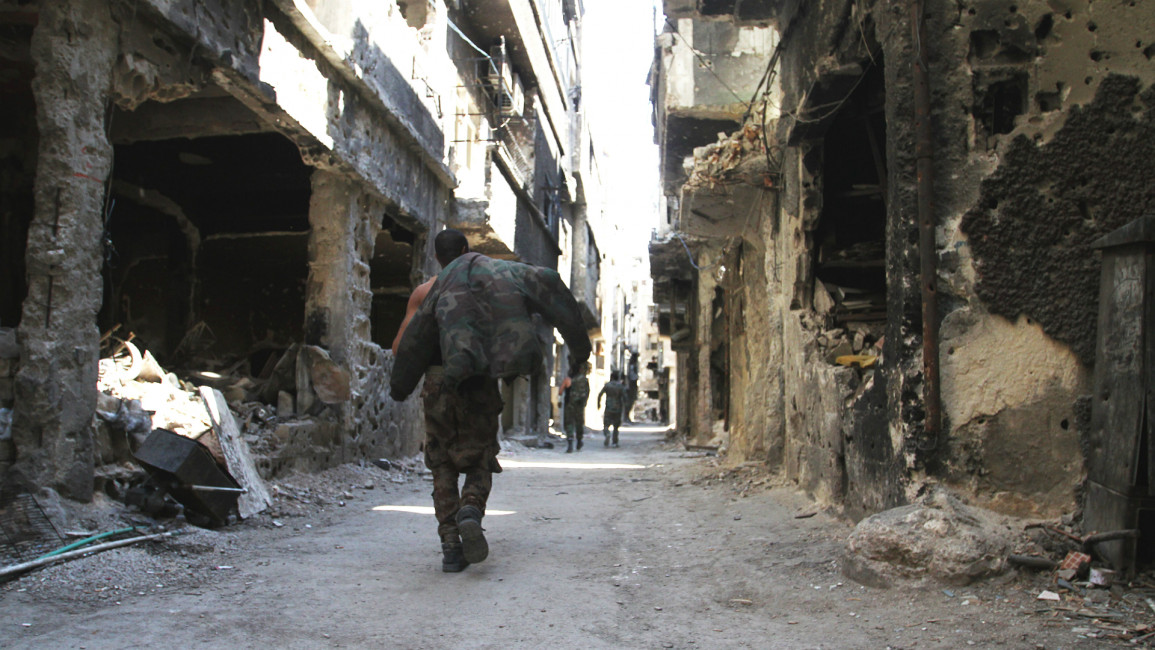UN reports Palestinian population decline in Syria
Syria’s Palestinian refugee population has fallen by one-fifth since the start of the Syrian conflict in 2011 and many of those who stay in Syria have been displaced, the UN’s Palestinian relief agency said on Friday.
UNRWA Director Pierre Krahenbuhl said there are 440,000 refugees in Syria, compared to 560,000 in the country before the war.
Many of those still in Syria have been displaced by Syria’s six-year war. For them, it is the second time they or their families have been forced out of their homes, after being displaced from Palestinian lands by Israeli forces last century.
“Displacement is a very difficult experience, to lose another home, to lose another place of residence,” said Krahenbuhl, who was wrapping up a five day tour of UNRWA operations in Syria.
Several Palestinian camps in Damascus and Aleppo, Syria’s largest city, have been destroyed during the conflict that has killed more than 400,000 people, displaced half the country’s population and sent more than 5 million as refugees, mostly to neighbouring countries.
The Syrian conflict began when the Baath regime, in power since 1963 and led by President Bashar al-Assad, responded with military force to peaceful protests demanding democratic reforms during the Arab Spring wave of uprisings, triggering an armed rebellion fueled by mass defections from the Syrian army.
According to independent monitors, hundreds of thousands of civilians have been killed in the war, mostly by the regime and its powerful allies, and millions have been displaced both inside and outside of Syria.
The brutal tactics pursued mainly by the regime, which have included the use of chemical weapons, sieges, mass executions and torture against civilians have led to war crimes investigations.



